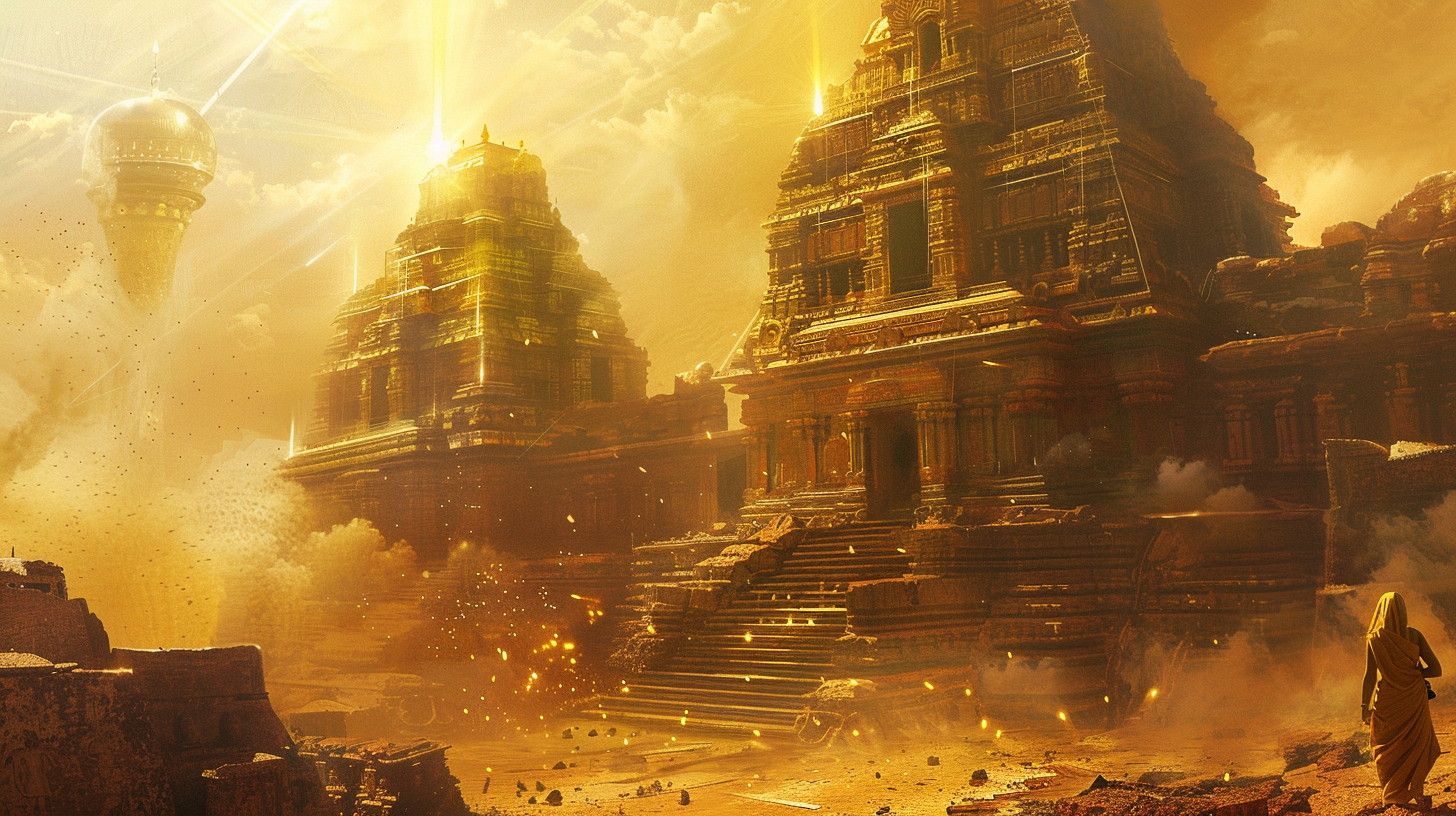Embraced within Hindu philosophy, the notion of “Yuga Patterns” presents a distinct outlook on time’s essence and the cyclical nature of being. Across vast cosmic realms, these patterns reveal intriguing parallels to modern notions of recurring civilizations, offering insights into ancient wisdom that transcends ordinary comprehension.
Originating from Sanskrit, Yuga signifies an “epoch” or “era,” embodying the cosmic cycles that mold the universe’s evolution. In Hindu cosmology, time unwraps not in a linear fashion but in cycles, with each Yuga embodying a unique phase distinguished by specific attributes and features. The fundamental Yugas – Satya Yuga, Treta Yuga, Dvapara Yuga, and Kali Yuga – represent a diminishing trend in righteousness and spiritual awareness as they follow one another.
The allure of Yuga Patterns lies in its resonance with contemporary ideas of cyclical civilizations. These concepts portray civilizations oscillating between ascent and downfall in cyclic patterns, experiencing stages of advancement and enlightenment succeeded by degeneration and collapse. This cyclic perspective on history challenges the linear progression often presumed in traditional historical narratives, suggesting that the rise and fall of civilizations may be part of a broader cosmic design.

Moreover, the concept of Yuga Patterns hints at a profound comprehension of cosmic time frameworks and the interconnection of all living beings. It implies that the universe undergoes cycles of creation and dissolution, with each Yuga symbolizing a distinct act in the grand cosmic narrative. This viewpoint urges us to reflect on the vast expanse of cosmic time and the enduring rhythm of existence.
The parallels between Yuga Patterns and contemporary theories of cyclical civilizations prompt compelling inquiries about time’s nature and the cyclic facet of human societies. Did ancient wise men and seers possess insights into history’s cyclical essence akin to our present scientific understanding? Or do these similarities merely echo universal truths that surpass cultural and temporal boundaries?
Contemplating the concept of Yuga Patterns and its impact on our perception of time and civilizations reaffirms the timeless wisdom embedded in ancient philosophies. Whether construed as a metaphorical framework for grasping cosmic time or as a literal portrayal of cyclical history, the notion of Yuga Patterns perseveres in inspiring introspection and exploration into the core of existence.
